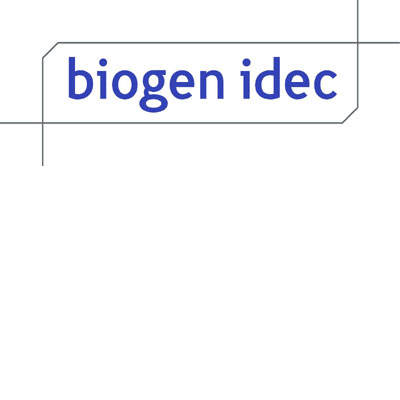PLEGRIDY™ (Peginterferon beta-1a) approved in the European Union for the treatment of multiple sclerosis
Posted: 24 July 2014 | | No comments yet
Biogen Idec announced that the European Commission has granted marketing authorization for PLEGRIDYTM (peginterferon beta-1a)…


Today Biogen Idec (NASDAQ: BIIB) announced that the European Commission (EC) has granted marketing authorization for PLEGRIDYTM (peginterferon beta-1a) as a treatment for adults with relapsing-remitting multiple sclerosis (RRMS), the most common form of multiple sclerosis (MS). PLEGRIDY is dosed once every two weeks and is administered subcutaneously with the PLEGRIDY PEN, a new ready-to-use autoinjector, or a prefilled syringe.
“PLEGRIDY offers people living with MS an interferon with compelling efficacy that requires considerably fewer injections than other platform therapies,” said George A. Scangos, Ph.D., chief executive officer at Biogen Idec. “The approval of PLEGRIDY demonstrates our commitment to improving the lives of patients by providing innovative therapies that meet their individual needs, including flexibility in managing their disease.”
PLEGRIDY, the only pegylated interferon approved for use in RRMS, has been proven to significantly reduce important measures of disease activity, including number of relapses, MRI brain lesions, and disability progression.
The EC approval of PLEGRIDY is based on results from one of the largest pivotal studies of a beta interferon conducted, ADVANCE1, which involved more than 1,500 patients with relapsing forms of MS.
In the ADVANCE clinical trial, PLEGRIDY, dosed once every two weeks, significantly reduced annualized relapse rate (ARR) at one year by 36 percent compared to placebo (p=0.0007).
PLEGRIDY reduced the risk of sustained disability progression confirmed at twelve weeks by 38 percent (p=0.0383) and at twenty four weeks by 54 percent (p=0.0069, post-hoc analysis). In addition, the number of gadolinium-enhancing [Gd+] lesions was significantly reduced by 86 percent (p<0.0001) compared to placebo.
Results over two years of ADVANCE confirm that its robust efficacy was maintained beyond the placebo-controlled first year of the study.
“The safety and efficacy that PLEGRIDY has demonstrated, combined with its less frequent dosing schedule offers MS patients an option to put their treatment in the background for longer stretches of time,” said Professor Bernd C. Kieseier, M.D., Heinrich-Heine Universität, Dusseldorf.
The safety and tolerability profile of peginterferon beta-1a observed in ADVANCE1 was consistent with that of established MS interferon therapies. The most commonly reported adverse drug reactions with peginterferon beta-1a treatment (incidence ≥10% and at least 2% more frequent on peginterferon beta-1a than on placebo) were injection site reaction, flu-like illness, fever, headache, muscle pain, chills, injection site pain, weakness, injection site itching, and joint pain.1
PLEGRIDY is the fifth therapy to be offered by Biogen Idec to people living with MS, expanding on a portfolio that addresses individual patient needs.
Reference
- Calabresi PA et al. Peginterferon Beta-1a Provides Improvements in Clinical and Radiological Disease Activity in Relapsing-Remitting Multiple Sclerosis: Year 1 Findings from the Phase 3 ADVANCE. Poster presented at 29th Congress of the European Committee for Research and Treatment in Multiple Sclerosis, 2013.




